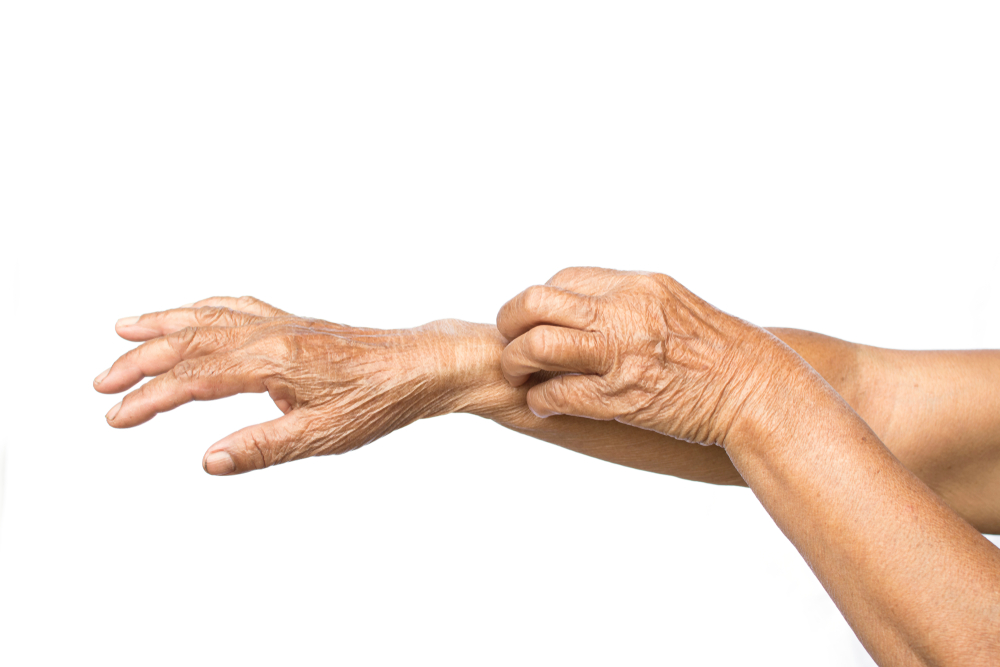Allergies and aging can be related, because we have less control over our organ symptoms as we age. The good news is as we celebrate more birthdays, our seasonal allergies become less severe. The bad news though, is that this isn’t the case for everyone, and those who belong to the exceptions tends to get worse as we mature.
Allergies can change as we get older. Over time, our immune systems have more chances to develop adverse reactions to things like pollen, animal dander, food and even medications. Time changes our bodies in ways that can magnify the effects of allergies. Time changes our bodies in ways that can magnify the effects of allergies.
Treating allergies as we age since we are more experienced with it can reduce the risk of sinus and respiratory infection and give you better control to mitigate symptoms you are used to deal with. It should all elementary by now, and the steps below can make your life easier as you control your allergies with age:
- Keep your living and working space pristine
- Clean the air
- Be selective with natural and over the counter remedies
- Regular visits to the doctor is key

In addition, most healthy people while they were young develop allergies for the first time such as allergic rhinitis and asthma. The late-onset of allergies is more felt by people in their forties and fifties. Doctors differ to a varying degree that while some people have outgrown their allergies some unfortunately are growing into them.

One such example is late-onset food allergies that are common among the 30-somethings. Proper food tip recommendations to ensure a patient’s guide include the following:
- Read all food labels and avoid ingredients that may trigger reactions
- Modify recipes
- Clean food preparation areas, utensils, dishes, pans and kitchen appliances
- Check out a restaurant’s menu for ingredients that may affect your allergies
Some people develop food allergies as adults that weren’t there when they were young. Remember that food allergies can develop at any stage in life.






Leave a comment
All comments are moderated before being published.
This site is protected by reCAPTCHA and the Google Privacy Policy and Terms of Service apply.